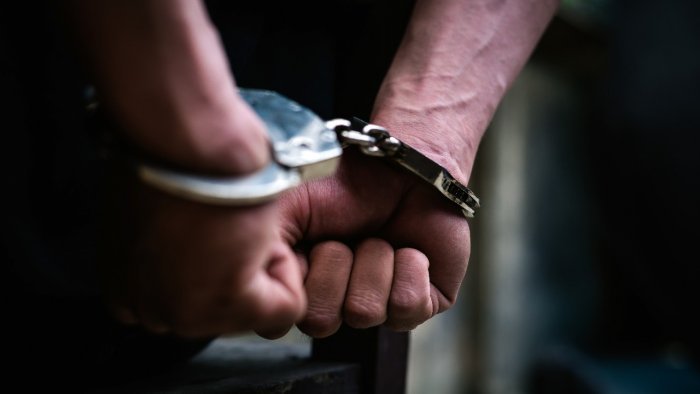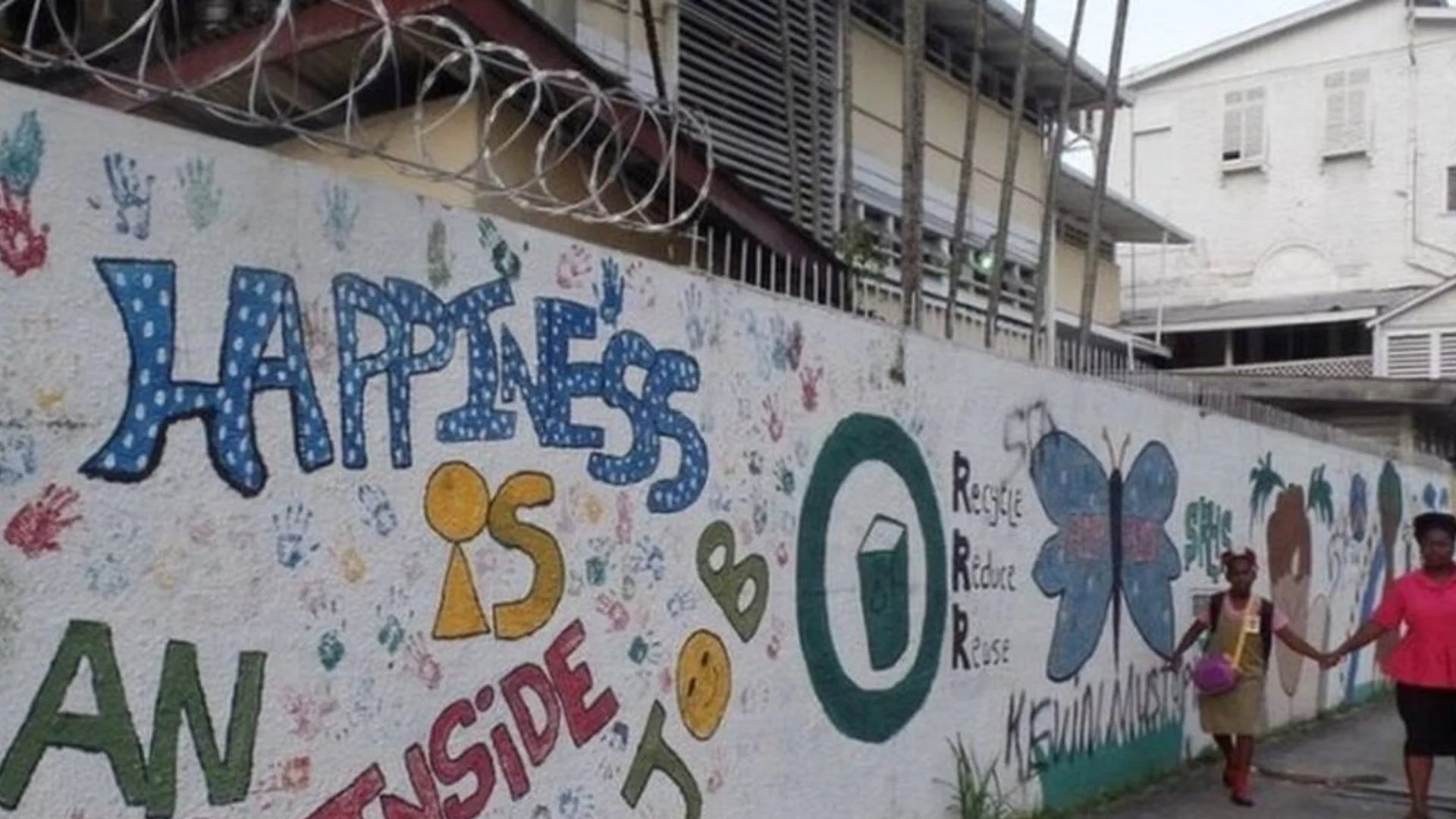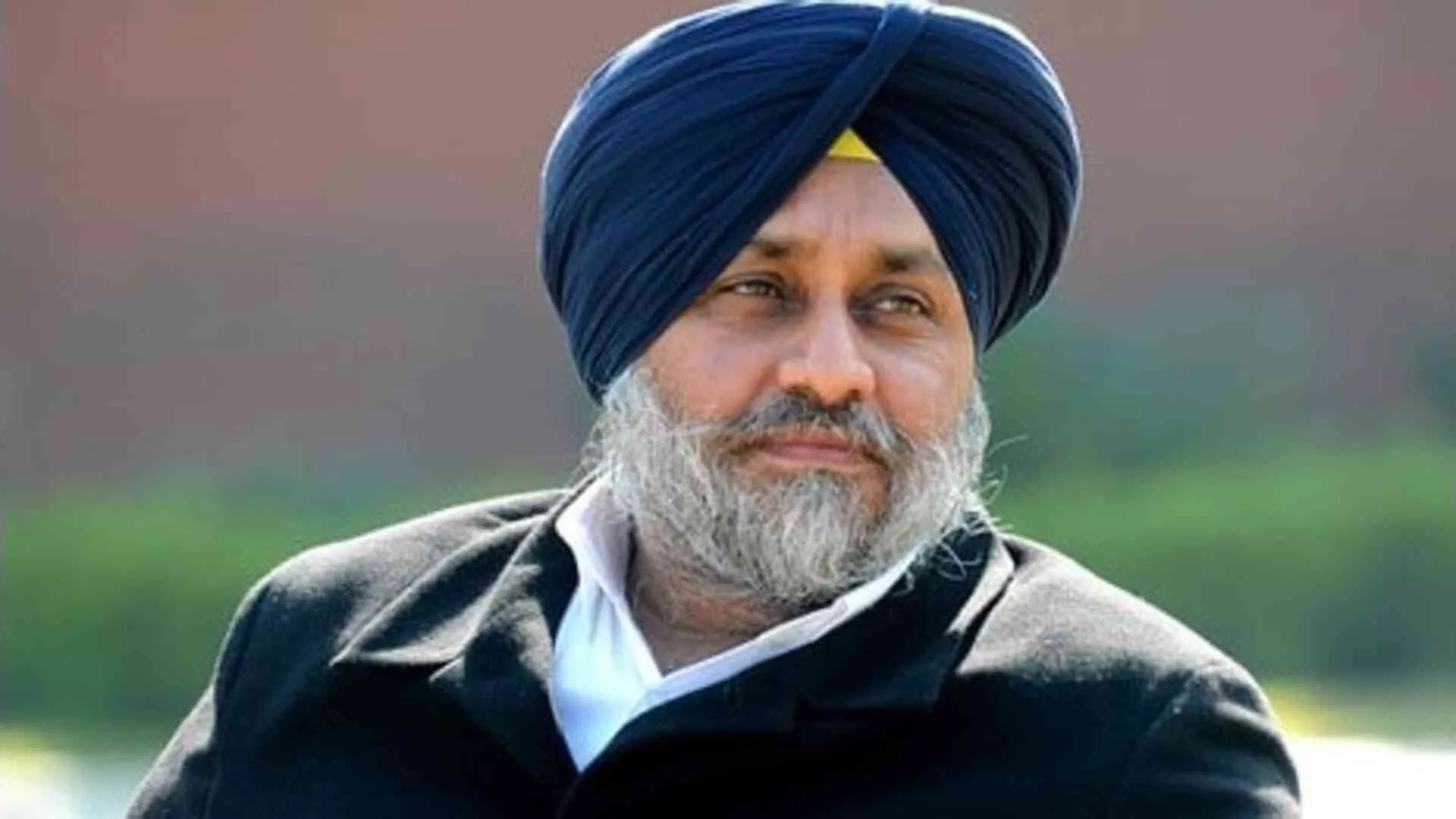The Indian Constitution provides many rights covering both good and negative elements, individual and collective areas, and civic, political, cultural, and social domains. It also establishes a framework of fundamental rights and guiding principles. Nevertheless, Article 22 (3)-(7), which deals with preventive detention, raises a controversial aspect of this constitutional structure. Surprisingly, the chapter discussing fundamental rights contains these provisions. The right to life and personal liberty is protected under Article 21, a well-known clause. According to Article 22(1), a person arrested must be notified of the reasons behind their arrest and can choose a counsel to defend them. The arrestee must also appear promptly before the closest magistrate within 24 hours, and their custody is prohibited beyond this time frame unless authorized by a magistrate’s authority, according to Article 22(2). The complex issue of preventive detention has been legalized constitutionally, but the length of the imprisonment is left up to the Parliament’s discretion rather than being specified in the Constitution. Then, Article 22(3) makes it clear that a person held or arrested following legislation allowing preventative custody is not covered by Articles 22(1) and (2). This standout feature paves the way for Article 22(4), which modifies the detention authority by stating that any statute allowing detention shall not last longer than three months unless approved by an advisory board, which must vouch for solid grounds for the detention. Article 22(7) states that Parliament may pass laws governing detention after the first three months without consulting the advisory board. This complex system necessitates that the maximum incarceration duration be subject to parliamentary legislation rather than specifically stated in the Constitution. Preventive detention differs from traditional arrest and prosecution techniques in its dual nature. It involves the detention of a person who has not yet committed a crime because authorities suspect that they will do so in the future, even though no plans or attempts have been made to carry it out. Contrary to fundamental ideas like the presumption of innocence and the right to personal liberty, this diverse approach questions the foundational tenets of international human rights laws. Preventive detention in India has historical roots in the British colonial era. The Rowlatt Act, also known as the Anarchical and Revolutionary Crimes Act, was passed in 1919. Without an established offense, this rule allowed for the custody of suspects for up to two years. After the Jallianwala Bagh massacre, protests against this law reached a breaking point, ultimately repealing it.
With the implementation of the Defence of India Act 1939 and the Defense of India Rules, which permitted the arrest of people based on suspicion of future violations, a similar trend continued throughout the Second World War. These rules persisted throughout the war and even after India attained independence in 1947, despite strong opposition from the Indian Independence movement. The Constituent Assembly, which drafted the Indian Constitution, continued to discuss preventative imprisonment. Ultimately, the framers included preventative detention provisions as they believed such actions would only be taken in extreme cases. This hope quickly replaced reality when legislative bodies passed preventative detention legislation on federal and state levels. In reality, barely a month after the Constitution took effect, the Parliament rapidly passed India’s first preventive detention law in February 1950. When the landmark case of A.K. Gopalan v the State of Madras made it to the Supreme Court in 1950, it marked a key turning point in history. The court upheld the legality of preventive detention despite knocking down a small element of it, creating a precedent that identified it as a legitimate measure for maintaining public order. Although the original 1950 Act had a one-year sunset provision, it was repeatedly extended until it expired on 31 December 1969. In the years after the Emergency, which lasted from 1975 to 1977, the future of preventive detention underwent a significant change. The Maintenance of Internal Security Act was implemented then and was the main tool to hold thousands of people without prosecution. MISA was eliminated, and the Janata Party introduced the Constitution (Forty-fourth Amendment) Act, 1978, which came into power after the Emergency. This amendment created the need for an “advisory board” of legal professionals to evaluate preventive detention judgments within a timeframe to undo some Constitutional changes made during the Emergency.
Over time, India’s rules governing preventative detention have changed, giving rise to significant legal and human rights issues. In contrast to traditional arrest and prosecution, preventive detention involves apprehending people based on suspicion of future misbehavior rather than the presence of proof of an existing infraction. The notorious Maintenance of Internal Security Act, passed in June 1971, played a crucial role in history’s Emergency era by enabling the incarceration of people without charges. Protection against unfettered power was provided by the change to Article 22(7), which previously allowed detention without advisory board reference but now requires such reference. Although this amendment was approved by the president and the legislature in 1979, it has not yet been implemented. As a result, Article 22 is not changed.
The National Security Act (NSA), a permanent law without a sunset provision, was passed in 1980. This law allows law enforcement to hold people in preventive detention for up to a year while alleging reasons such as maintaining public order and national security. Despite previously overturning the A.K. Gopalan case, the Supreme Court supported a constitutional challenge against the NSA in A.K. Roy versus Union of India, 1980. Other major statutes, including the 1988 Prevention of Illicit Traffic in Narcotic Drugs and Psychotropic Substances Act, also employ preventative detention practices. At least 20 states have legislation that permits preventative detention, which furthers the problem at the state level. These regulations have expanded the groups of persons eligible for such imprisonment, frequently focusing on people for various reasons, such as those considered goons, violators of digital data, and potential communal offenders.
Preventive detention is permitted in India under the authority of legislation approved by the Parliament or state legislatures, in sharp contrast to the U.S. and the U.K., where it is prohibited during non-emergency situations. However, its application should be saved for unique circumstances. Courts get involved in situations involving detention, but usually only after a protracted period of confinement. Due to their strict bail requirements, several pieces of legislation, including the Unlawful Activities (Prevention) Act of 1967, the Prevention of Terrorism Act of 2002, and the Terrorist and Disruptive Activities (Prevention) Act of 1987, serve as de facto laws that mandate preventive detention. People frequently stay in prison not for crimes that have been proven, but rather to deter prospective transgressions in the future. The Supreme Court recently emphasized the need to examine laws that confer arbitrary state powers closely and prioritize detainees’ rights in Pramod Singla’s case against the Union of India. The court’s attention on procedural compliance and giving the inmate the benefit of doubt highlights an increasing worry about the abuse of preventive detention.
Prof (Dr) Souvik Roy is Professor and Dean, School of Law and Justice, Adamas University, Kolkata. Akash Bag is Assistant Professor, Department of Law, Adamas University, Kolkata.

















